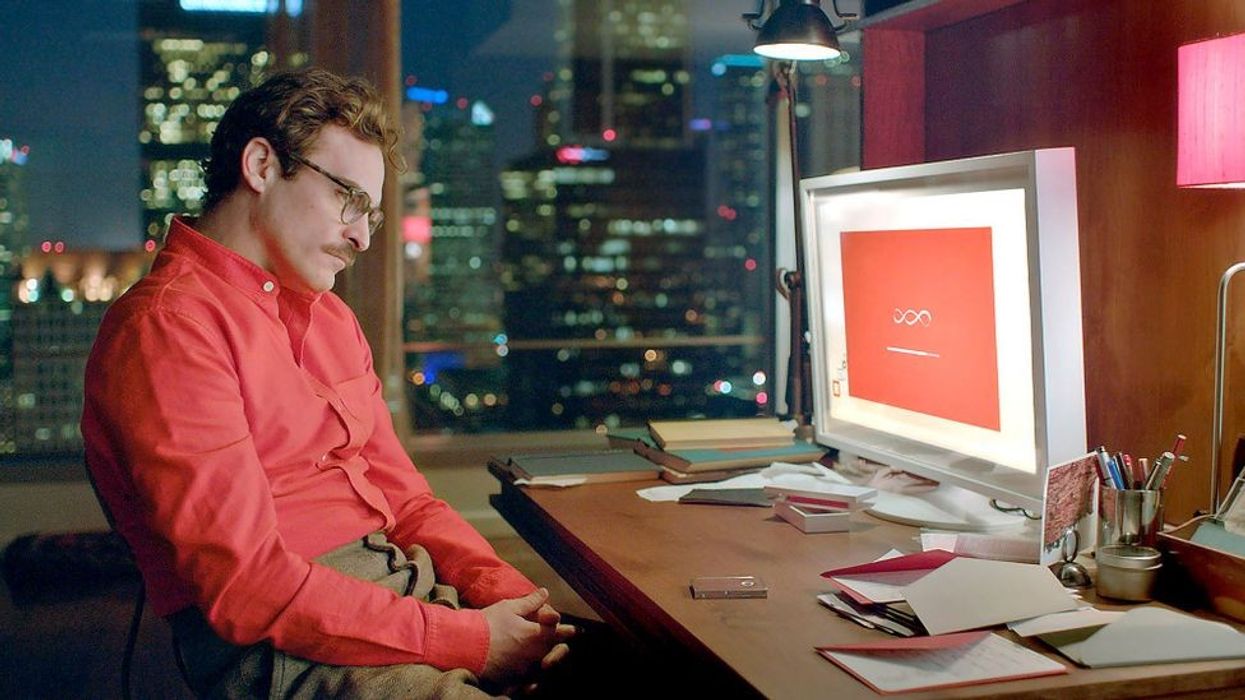How 'Her' Captured a Cinematic Look at Loneliness
Spike Jonze's Her was a stunning portrait of what it's like to be alone.

We knew Spike Jonze was a great director, but when he finally sat to write his first solo screenwriting credit, we saw his true voice come alive. Jonze conceived the idea in the early 2000s after reading an article about a website that allowed for instant messaging with an artificial intelligence program. From there, he began to write the screenplay that became Her.
This cinematic masterpiece follows a greeting card writer in the near future who falls in love with artificial intelligence inside his phone. Featuring stunning performances from Joaquin Phoenix and Scarlett Johansson, this story is a delicate and intimate look at the core of human desire; loneliness and connection.
Check out the video from CineStructure about the story and feel of this film, and let's talk after the jump.
How Her Captured a Cinematic Look at Loneliness
When you go to the movies, you're generally surrounded by other people. Even if you buy a ticket and go alone, there's almost always one other person there. The cinematic experience is built on being with other people.
So how can you make a movie about loneliness work?
Her is a miracle of human emotion. It's a movie that can make you empathetic and help you identify with a very lonely character, no matter how many people you're near. It takes a look at what we all want: connection.
Part of the way the movie disguises this is that it shows us the very near future. The world is like our own, and thus lulls us into a relaxed state. It also doesn't show us the loneliness right upfront. We see a guy having an average day—trying to connect with people at work, online, and playing video games. We see someone who is around people but isolated.
That digs into all of our subconscious and our fears. We begin to see the loneliness and recognize it as the character does as well. That perspective actually allows the whole premise of the movie to work. When we think, "How can someone fall in love with a phone?" the movie answers that question by showing us how isolating life can be without even being that bad of a life. We're on the side of our character right away—we want him to find someone, and we're okay with that person being a voice on a phone.
When our character is left late in the second act, we see that loneliness come back fast and in full force. We already have the pillars set up at the beginning of the film, so when the feeling comes back it can take us over. Of course, the character arc here is learning how to deal with a break-up and how to move on, but at its center, this is a film about how it's okay to feel alone. It's a universal pain that causes us to reach out.
What are some of the lessons you learned from this movie? Let us know in the comments.
Source: Cinestructure











